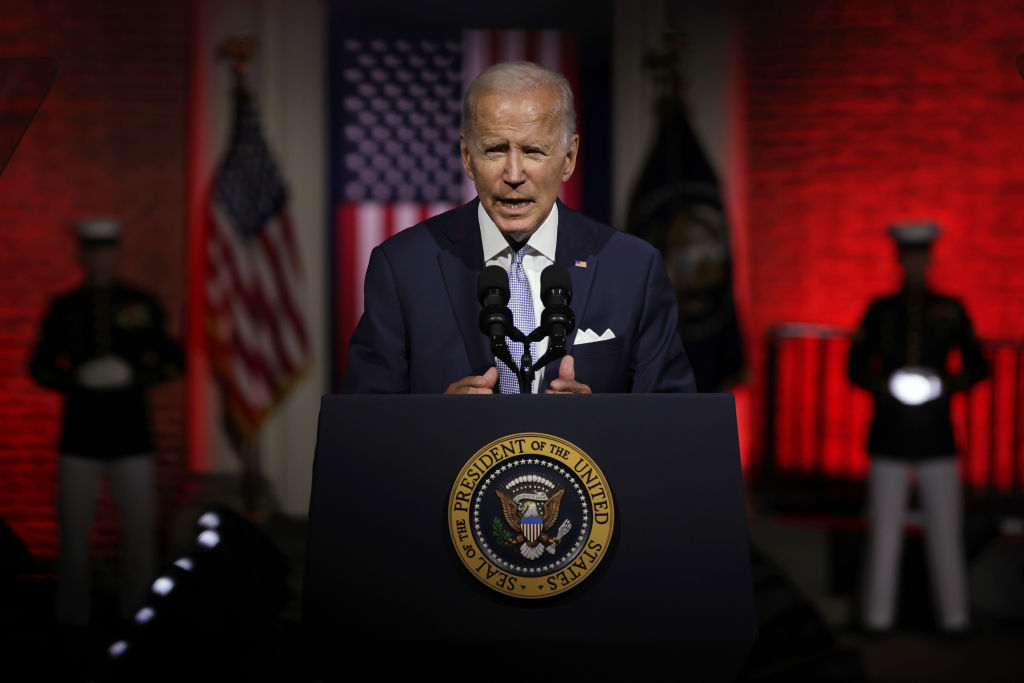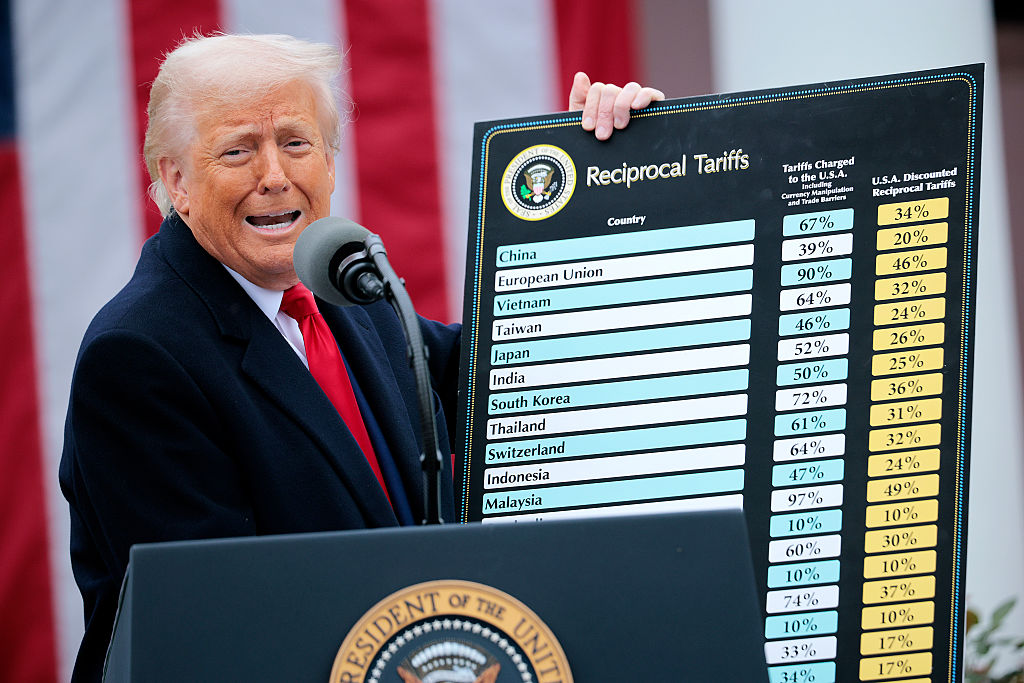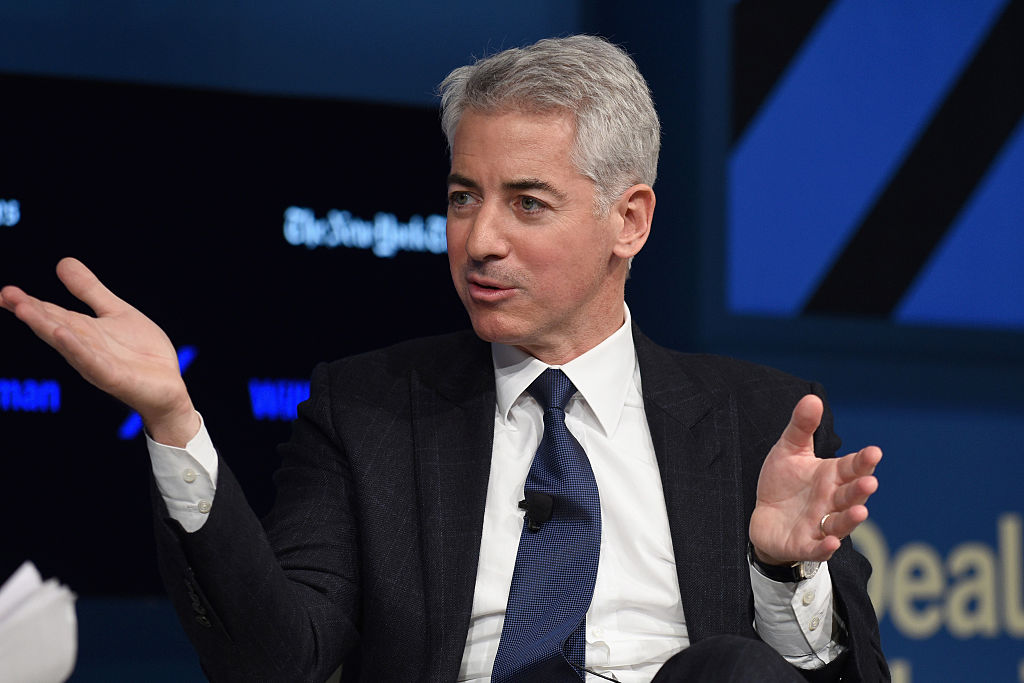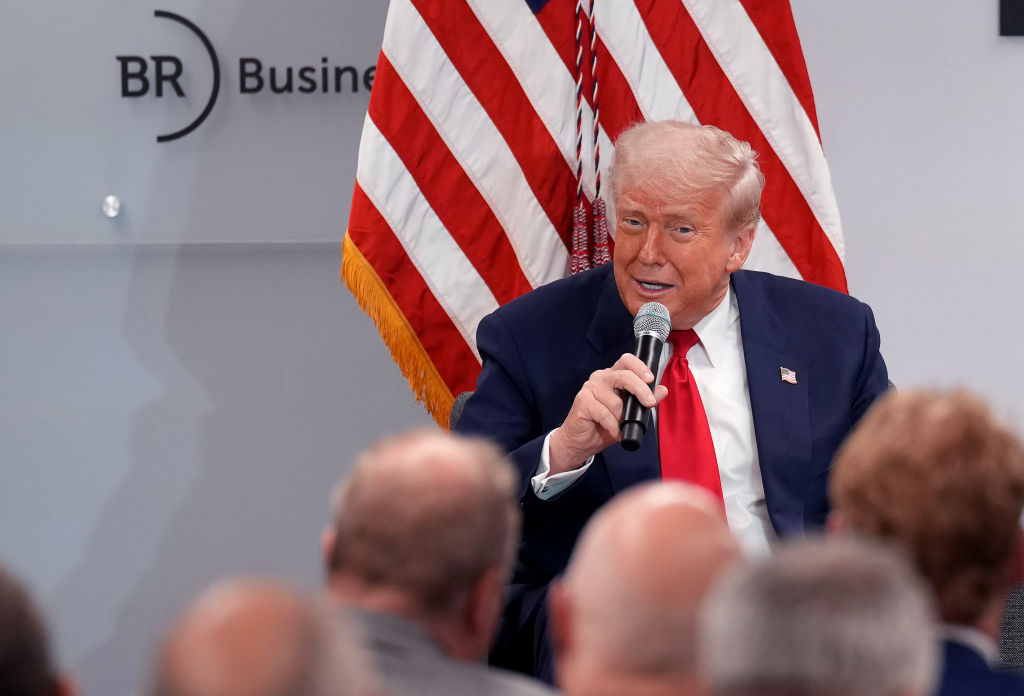Toward the end of the summer, Republicans found themselves with a severe case of pre-midterm jitters. This ailment is prone to flare up every four years, as the opposition party frets over whether it can deliver the incumbent president and his party the clobbering that has come to be expected. A common symptom of this nervousness is for the out-of-power party to wonder if it might fare better with the voters if it set out a substantive policy agenda, rather than simply relying on anger at the other side’s overreach.
And so it has been with the Republicans this year: candidates, strategists and conservative commentators have wondered whether their political fortunes might be better insulated against Mar-a-Lago raids, diminishing inflation and other politically disadvantageous developments if the electorate actually knew what they stood for.
Leaving aside the merits of that view, there is nothing unusual about the fuzziness surrounding what exactly a Republican-controlled Congress might do beyond subpoena Hunter Biden. After all, effective opposition is the first duty of a party out of power. The really surprising thing this election cycle is that the Democrats have taken the exact same approach. The party with unified control of government is sheepish about what it has done with that power and silent about what it might do with it after November.
Instead of defending his record in office or heralding his party’s legislative accomplishments, Joe Biden launched into midterm campaigning with a strategy of demonization. As summer turned to fall, he delivered a demagogic sermon that painted “MAGA Republicans” as an existential threat to the Republic and warned of the imminent collapse of American democracy.
When it comes to who, exactly, these “MAGA Republicans” are, Biden is less specific. But the term certainly isn’t limited to hardline election deniers or proponents of political violence. Targets of the deliberately vague insult have included pro-life conservatives, opponents of federal voting laws, those who deviate from the left’s transgender orthodoxy and anyone who differs from the Democrats on a number of other substantive policies about which there should be room for legitimate disagreement.
In the steady ratcheting-up of election rhetoric, it has long been true that the parties must pretend that every election is the most important in American history. Biden has unlocked another level of alarmism: the other side aren’t just deplorables, they’re “semi-fascists.” Vote for us or this might be the last election in American history, is the implication.
On p.17, Roger Kimball recognizes the speech as part of the “Sovietization of America,” with the interests of the party, the state and the nation increasingly assumed to be one and the same. Indeed, a democracy in which only one outcome is recognized as legitimate is hardly worthy of the label.
Whatever the ominous address portends, its slanders ultimately reveal more about the president than his targets. The truth exposed by the desperate messaging is that the president depends on his predecessor for his political survival. Biden appears to realize that without Trump, he is nothing. Not being Donald Trump was what secured victory for Biden in 2020. In the two years since, no other message has proved remotely as effective. And so, eager to play the role of firefighter once again, the president and his party must start a fire. Gas can in one hand and lighter in the other, the president delivers a reckless ultimatum to the country: vote for me, or else.
There will be consequences to this rhetorical shift. Exactly what that “or else” might be is left unsaid. But as the president raises the stakes in what he calls “the battle for the soul of the nation,” we are a long way from the bromides about bipartisanship and decency that were central to his inaugural address.
Biden’s midterm message is a symptom of a narcissistic focus on the present as a time of unprecedented strife. The irony is that Biden periodically invites a group of historians to the White House for a discussion about which epoch-defining US president he most closely resembles. Is he LBJ or FDR? Maybe he’s Lincoln? Those statesmen faced real crises. Does Biden think he will earn his place in the history books by confecting a crisis of his own making? Maybe.
Or perhaps Biden is more self-aware and knows that without a crisis he is pointless: the president elected with a promise to lower the temperature realizes that his political future depends on the mercury rising once again. The goals are not world-historical but short-term: avoiding a congressional knock out in November and being allowed by his party to run again in 2024. It is a cynical, deeply partisan ploy — one that takes the voters for fools. Don’t fall for it.
This article was originally published in The Spectator’s October 2022 World edition.

























